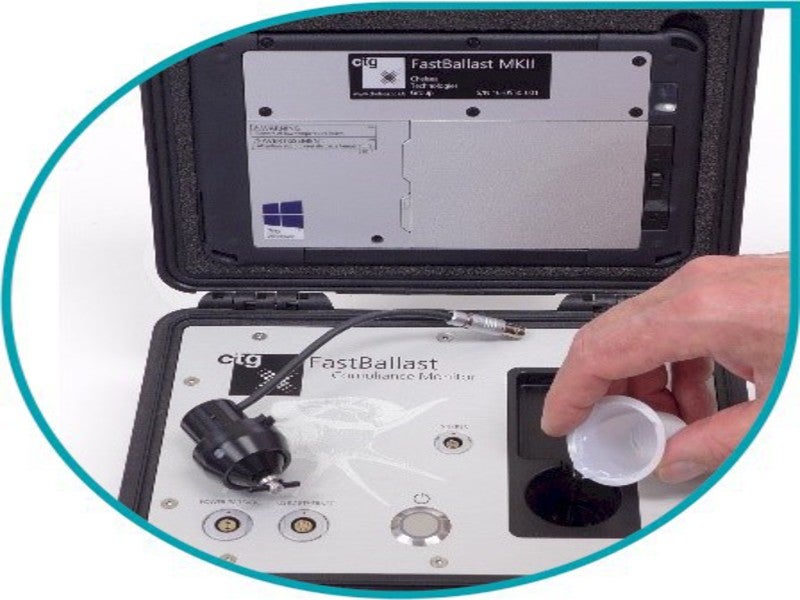
Chelsea Technologies has secured a contract from the Belgian Federal Public Service (FPS) Mobility and Transport to supply benchmark portable testing for compliance with ballast water standards.
The solution, known as FastBallast, was selected after a rigorous evaluation of portable ballast water tools available on the market.
It will be installed as a benchmark testing device to carry out spot checks on an indicative sampling of vessels arriving into any port in Belgium.
FastBallast will enable the Port State Control (PSC) to carry out portable sampling of ballast water for laboratory compliance testing.
The accurate result offered by the FastBallast will assure ship-owners that their ballast water treatment system is operating effectively.
FastBallast features a unique interrogation method, which produces an estimate of cell density that is independent of an assumed level of fluorescence per cell to achieve the most accurate reading.
How well do you really know your competitors?
Access the most comprehensive Company Profiles on the market, powered by GlobalData. Save hours of research. Gain competitive edge.

Thank you!
Your download email will arrive shortly
Not ready to buy yet? Download a free sample
We are confident about the unique quality of our Company Profiles. However, we want you to make the most beneficial decision for your business, so we offer a free sample that you can download by submitting the below form
By GlobalDataThe system carries out sampling based on the Poisson distribution theory, which gives a true analysis of the ballast water sample and offers a pass / fail response in less than ten minutes.
Chelsea Technologies chairman Dr Brian Phillips said: “It is testament to the confidence of the FPS in the unrivalled accuracy and reliability of FastBallast that it has been selected as the gold standard for ballast water sampling in ensuring compliance with the IMO Ballast Water Management Convention.
“Accurate testing eliminates the risk of any ambiguity over results, potential fines, delays and reputational damage as well as protecting the environment by preventing the spread of invasive aquatic species.”
The contract will enable the government to comply with the IMO’s Ballast Water Management Convention (BWMC), which was adopted in 2004.
The BWMC recommends the establishment of standards and procedures for the management and control of ships’ ballast water and sediments so that the spread of harmful aquatic organisms from one region to another can be prevented.







